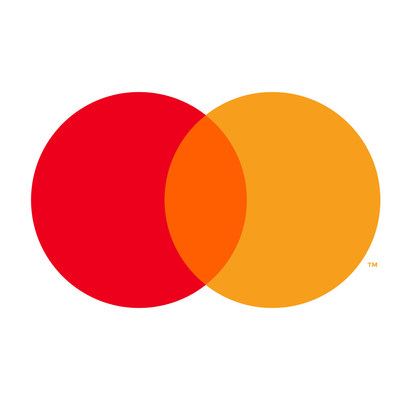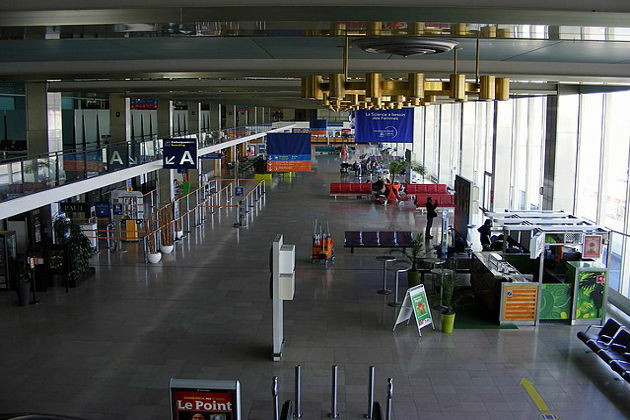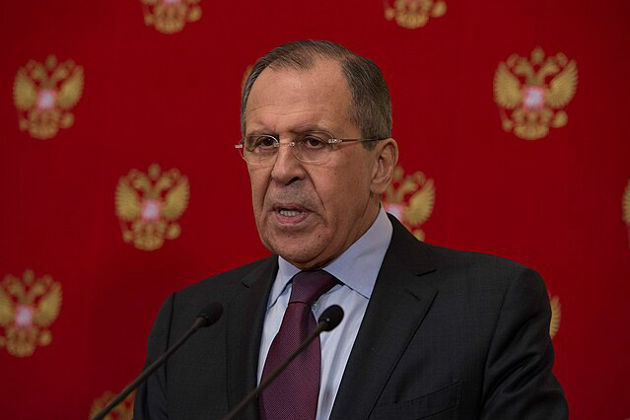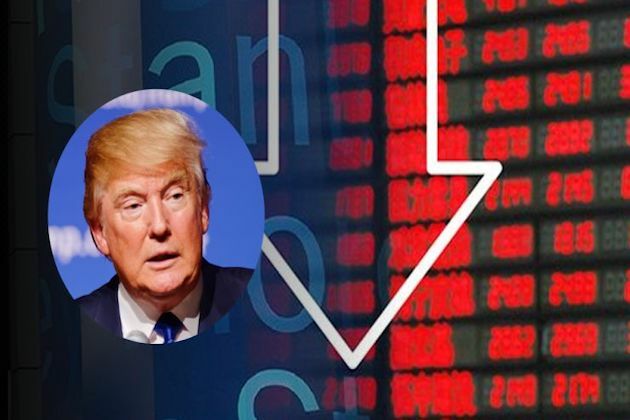APAC Consumers Ahead in Digital Payments Uptake: New Mastercard Research Finds Institutional Support and Buy-in Key to Even Greater Adoption
PR Newswire
25 Aug 2022, 05:30 GMT+10

- Account to account transfers, digital wallets, QR codes are the most popular digital payment methods
- Greater focus needed on building trust in new technologies amidst continued global uncertainty
SINGAPORE, Aug. 25, 2022 /PRNewswire/ -- Consumers in the Asia Pacific region remain among the most enthusiastic adopters of digital payments in the world, with 88 percent having used technologies like digital wallets, QR codes, Buy Now Pay Later (BNPL), cryptocurrencies, biometrics and others in the last year. What's more, 69 percent of APAC consumers increased their usage of at least one digital payment method during the same period, demonstrating momentum. In comparison, only 52 percent of consumers in North America and just 48 percent in Europe, (regions where consumers tend to be more guarded and cautious about emerging payment technologies) increased their usage in the same way.
The latest data on payment habits, attitudes and preferences was published today in Mastercard's second annual New Payments Index (NPI): a global consumer survey spanning 40 markets across five regions, including seven in APAC: Australia, China, India, Japan, New Zealand, Thailand and Vietnam.
While the COVID-19 pandemic was the catalyst for the unprecedented, rapid uptake of digital payments, the latest research indicates that the change has been lasting, with 40 percent of survey respondents in APAC cutting back on their use of cash in the last year. Despite this swing to digital forms of payment, respondents frequently indicated that they had reservations about the security and institutional backing of these new options. In fact, when deciding which payment method to use, security had the greatest influence on consumer choice, beating out discounts/promotions, rewards and even low interest rates.
Sandeep Malhotra, Executive Vice President, Products & Innovation, Asia Pacific at Mastercard, said, "Consumers in the Asia Pacific region have consistently shown a willingness to adopt innovative new technologies-and payments are no exception. Given the sheer speed with which payment options are proliferating, coupled with today's global climate of uncertainty in socio-economic, health and political matters, it's important that banks, governments and other stakeholders in the financial ecosystem proactively support the sustainable development of these new payment methods, including through regulation, bolstering security, and educating consumers. With reassurances such as these, it's likely we will see even more extensive adoption of emerging payment technologies in the region."
Notably, the APAC report also revealed:
Biometrics unbeatable for convenience and security, but privacy worries remain
There's broad recognition among consumers that using biometric identification, such as fingerprint or facial recognition, is easier than remembering PINs or passwords (70 percent), and more secure than these traditional methods of verification (69 percent). At the same time, only around half (53 percent) of respondents in APAC felt comfortable sharing their biometric data to save time, while 72 percent were concerned about which entities would have access to this data. Despite this, 58 percent of consumers used biometrics more frequently in the last year, demonstrating both an enthusiasm for the technology, and untapped potential if providers are able to properly address consumers' misgivings about privacy.
BNPL awareness is high while comfort is mixed; institutional offerings preferred
APAC is ahead of the curve with BNPL as 50 percent of consumers across the region say they are comfortable using BNPL today, while only 41 percent of consumers globally are comfortable using these installment plans. In particular, consumers in APAC tap on BNPL offerings for their low/no interest payments, in times of emergency and when they want to expedite bigger purchases. Looking ahead, 55 percent in APAC say they are likely to use BNPL in the next year. At the same time, building trust and comfort is key as APAC consumers feel safer using BNPL solutions backed by a major payment network (67 percent) or their existing bank (65 percent), rather than from other providers.
Broad awareness but relatively low knowledge of new digital currencies and assets
The majority of consumers in APAC have heard of cryptocurrencies (88 percent), non-fungible tokens (NFTs) (68 percent), and other digital assets-but uptake has been gradual. For now, the focus is on investment. Among APAC consumers, 31 percent (and 44 percent of APAC millennials) report holding crypto as an investment during the past year, while future use cases that are popular among respondents include using crypto to redeem rewards, invest and make everyday payments. Regarding the latter, just under half of respondents (46 percent) want increased flexibility to use crypto for everyday payments.
According to those surveyed, more involvement from governments and dependable institutions like banks (cited as the most trusted provider of digital currencies) would boost their confidence in crypto. Diving deeper, 60 percent agreed that governments should regulate the cryptocurrency and stablecoin industry, while 55 percent would feel more confident investing in crypto or digital currencies that are issued or backed by a reputable organization.
About the Research
Mastercard's New Payments Index analyzes consumers' evolving attitudes, preferences, and behaviors around emerging payment methods and uncovers insight into their motivations and considerations when it comes to digital payment adoption. The 2022 New Payments Index research was conducted by The Harris Poll and Mastercard from March 21 to April 19, 2022, surveying 35,040 respondents in 40 markets, including 7,004 respondents across seven markets in APAC: Australia, China, India, Japan, New Zealand, Thailand and Vietnam.
About Mastercard (NYSE:MA)
Mastercard is a global technology company in the payments industry. Our mission is to connect and power an inclusive, digital economy that benefits everyone, everywhere by making transactions safe, simple, smart and accessible. Using secure data and networks, partnerships and passion, our innovations and solutions help individuals, financial institutions, governments and businesses realize their greatest potential. Our decency quotient, or DQ, drives our culture and everything we do inside and outside of our company. With connections across more than 210 countries and territories, we are building a sustainable world that unlocks priceless possibilities for all. www.mastercard.com.
Contact:
Mastercard communications: Sarah Guldin, +65 9126 7472, [email protected]
Agency communications: Stephanie Mazinyi, +852 9157 0446, [email protected]
SOURCE Golin/Harris Forrest

 Share
Share
 Tweet
Tweet
 Share
Share
 Flip
Flip
 Email
Email
Watch latest videos
Subscribe and Follow
Get a daily dose of Asia Bulletin news through our daily email, its complimentary and keeps you fully up to date with world and business news as well.
News RELEASES
Publish news of your business, community or sports group, personnel appointments, major event and more by submitting a news release to Asia Bulletin.
More InformationInternational
SectionSummer travel in chaos as French air traffic controllers walk off job
PARIS, France: A strike by French air traffic controllers demanding improved working conditions caused significant disruptions during...
Congress weighs Medicaid cuts, sparking alarm in small-town hospitals
OMAHA, Nebraska: With Congress considering cuts totaling around US$1 trillion to Medicaid over the next decade, concerns are rising...
Gas station blast injures 40 in Rome, kids narrowly escape
ROME, Italy: Quick thinking by emergency responders helped prevent greater devastation after a gas station explosion in southeastern...
Weapons pause by Trump signals shift away from foreign wars
WASHINGTON, D.C.: President Donald Trump is drawing praise from his core supporters after halting key arms shipments to Ukraine, a...
Moscow removes Taliban from banned list, grants official status
MOSCOW, Russia: This week, Russia became the first country to officially recognize the Taliban as the government of Afghanistan since...
Netanyahu vows 'No Hamas' in postwar Gaza amid peace talks
CAIRO, Egypt: This week, both Hamas and Israel shared their views ahead of expected peace talks about a new U.S.-backed ceasefire plan....
Business
SectionWall Street reels after Trump invokes new tariffs
NEW YORK, New York - Monday's trading session saw mixed performances across U.S. and global markets, with several major indices posting...
Trump admin allows GE to restart engine sales to China’s COMAC
WASHINGTON, D.C.: The U.S. government has granted GE Aerospace permission to resume jet engine shipments to China's COMAC, a person...
Saudi Aramco plans asset sales to raise billions, say sources
DUBAI, U.A.E.: Saudi Aramco is exploring asset sales as part of a broader push to unlock capital, with gas-fired power plants among...
Russia among 4 systemic risk countries for Italian banks
MILAN, Italy: Italian regulators have flagged four non-EU countries—including Russia—as carrying systemic financial risk for domestic...
US debt limit raised, but spending bill fuels fiscal concerns
NEW YORK CITY, New York: With just weeks to spare before a potential government default, U.S. lawmakers passed a sweeping tax and spending...
Shein hit with 40 million euro fine in France over deceptive discounts
PARIS, France: Fast-fashion giant Shein has been fined 40 million euros by France's antitrust authority over deceptive discount practices...














